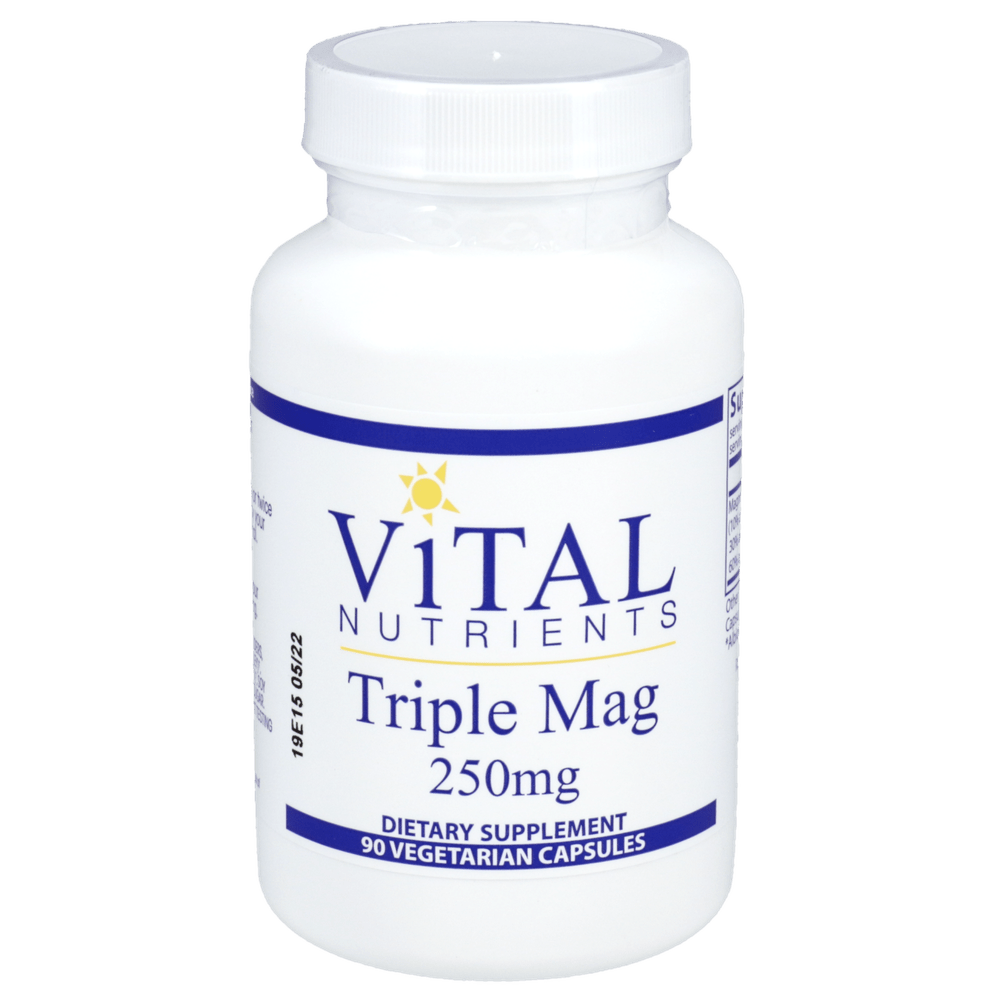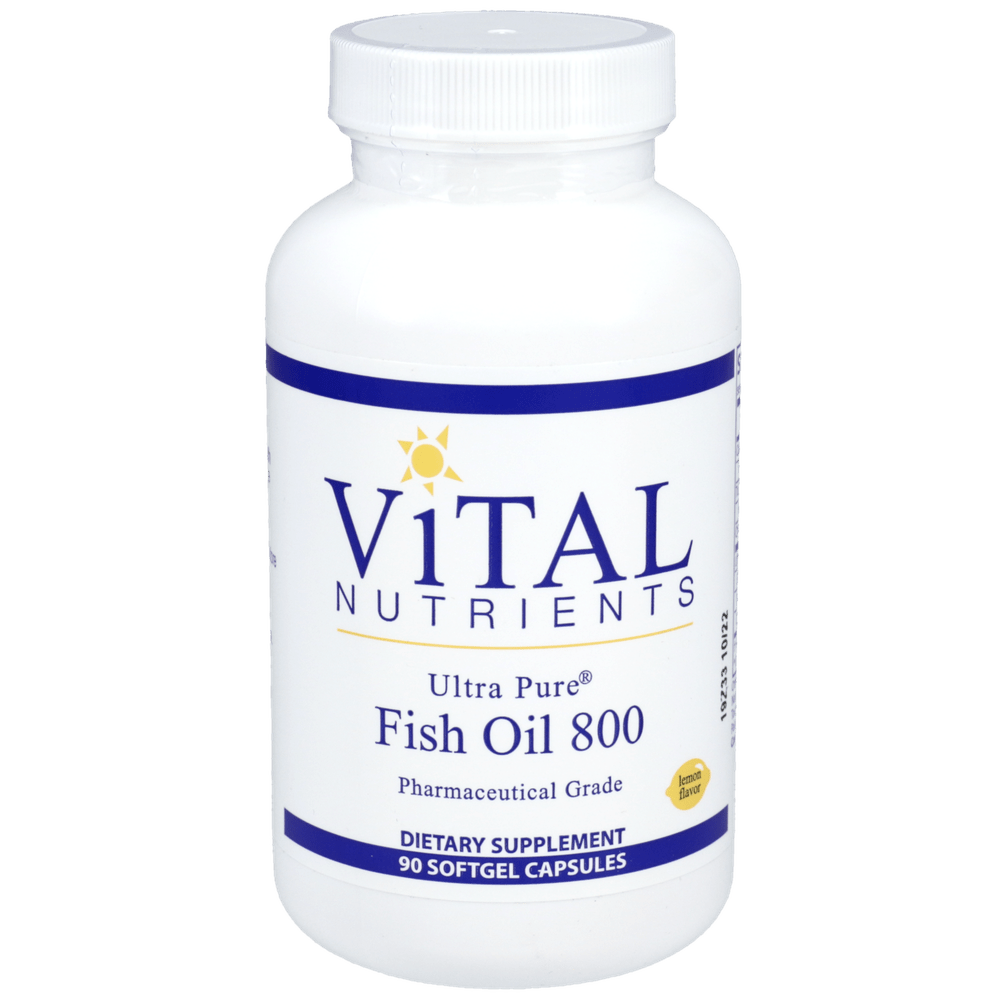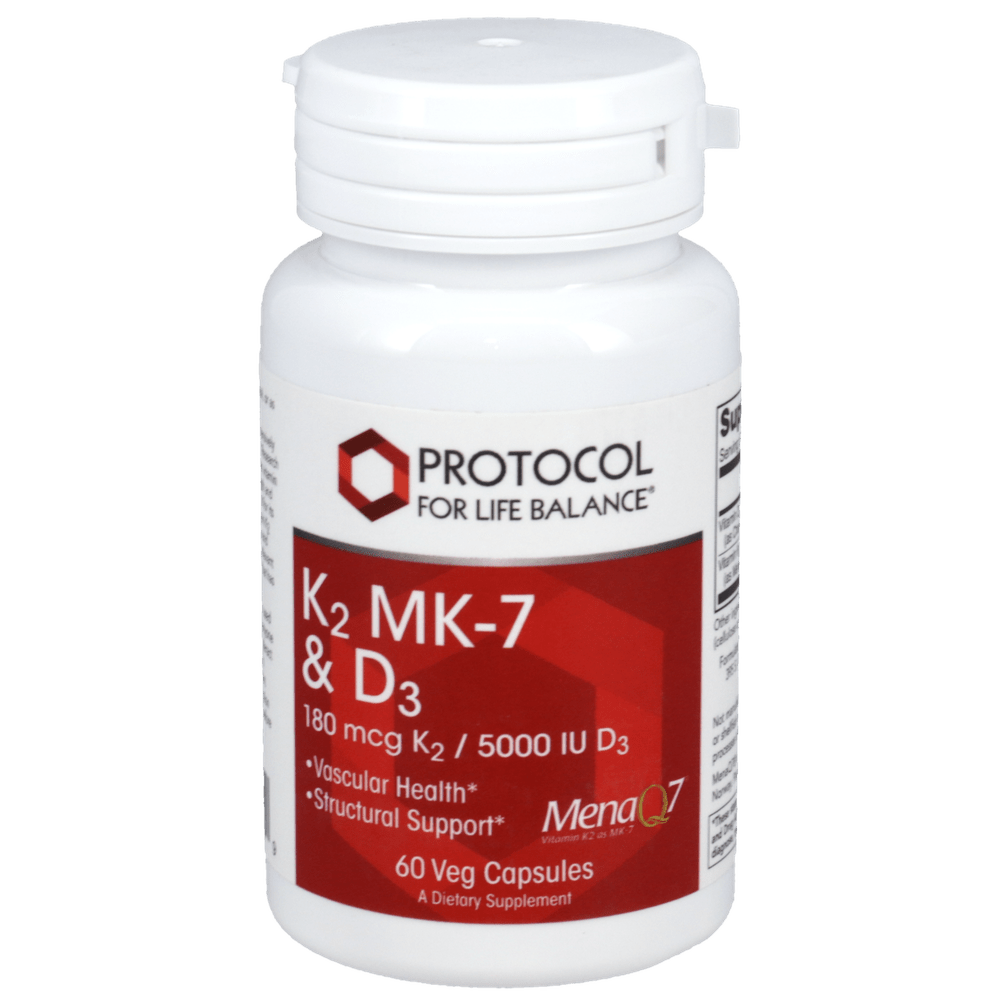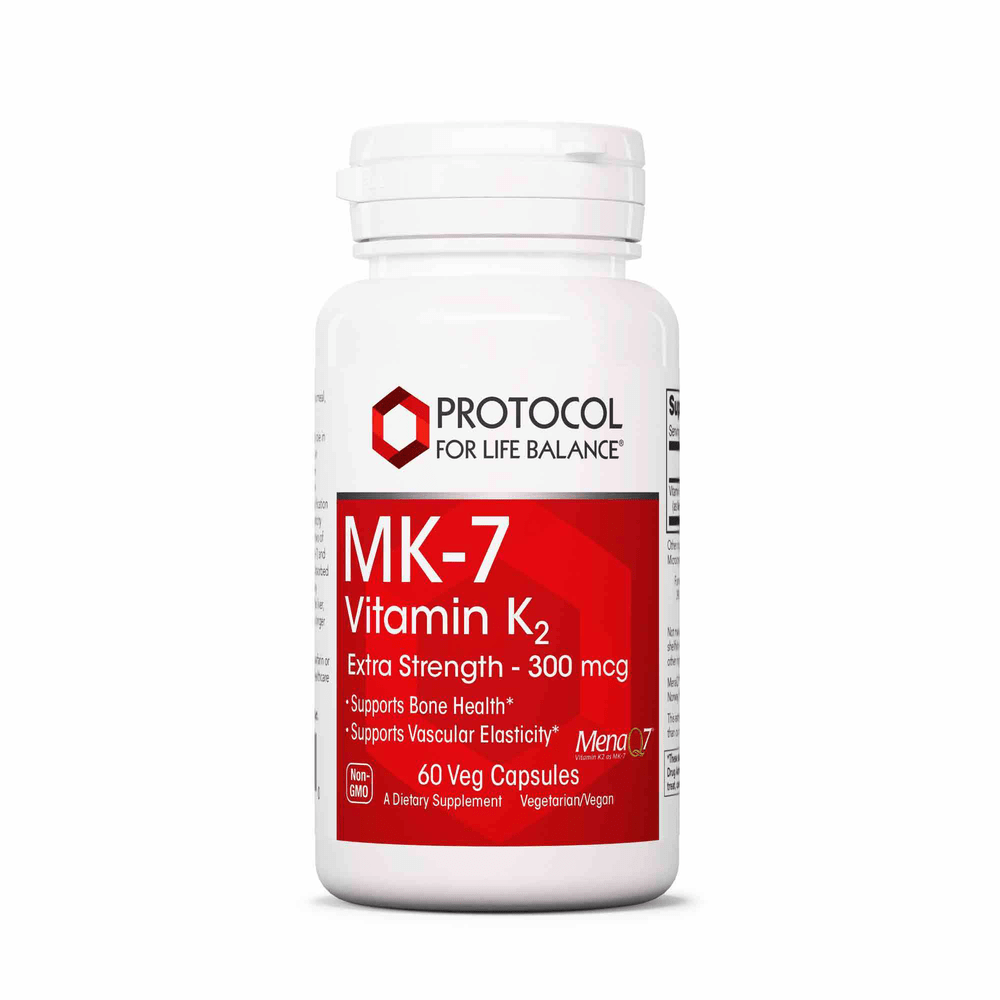Exercise - The Key to Healthy Aging
Exercise is the number one key to living a long healthy, active life. Exercise promotes the building, and retention of muscle mass. Without muscle you can't walk for long distances, much less run, jump, and climb.

Lack of muscle means that, over time you may not be able to carry your groceries. You not be able to get out of a chair without help. Your balance will get worse and you'll be stuck never being to climb stairs.
Sorry if that comes off as exceedingly negative, but it is the truth. Lack of muscle is the biggest predictor of a slow agonizing decline as we age.
I'm sure you've seen folks in their 50's or 60's who look and move like they are 80 or 90. It's because they allowed their muscles to waste away. It could be from disease, lack of adequate protein (see below) and other factors. Regardless, the less muscle you have the tougher you'll find you life as you grown.
My Small Group Training Program addresses the need to build muscle in men and women. Don't worry, ladies; you aren't going to look like Arnold. My programs aren't designed for body building; they are whole-body exercise routines, as opposed to body-building workouts that focus on specific muscle groups like biceps and deltoids (upper arms and shoulders). The exercises you do will hit those muscle groups, but they are part of working an entire movement pattern to build strength, muscle, agility, and flexibility.
Exercise is the #1 way to healthy aging!
If you are ready to slow the aging process, and yes you can do it, even at 90, setup a Strategy Session with me so we can discuss the best ways to keep you healthy and fit as you get older!
FYI - all Small Group Training sessions are limited to a maximum of 10 people so you will always get the attention you need!
Nutrition - The 2nd Pillar of Healthy Aging
After exercise to build strength, bone, and muscle density, your next area of focus needs to be your nutrition. Eat high quality foods, especially plenty of protein with every meal you eat, preferably animal based.

Protein is the most important nutrient. Without it you will find it is impossible to increase or even maintain muscle mass. Lack of protein is also a leading cause of osteopenia and osteoporosis. Every cell in your body requires protein to function, not just the cells that make up your muscles. Shoot for your body-weight in grams of protein every day. If you are over-weight your target for protein will be your goal weight. So if you weigh 300 lbs and you should be 190, you should eat 190 grams of protein daily.
One cool thing about protein is that eating more than you need in lean protein will not cause you to get fat. There have been many studies done where people were fed excess calories in the form of protein, or fat, or carbs and everything else was equal. The high protein group did not gain weight but the excess carbs and the excess fats group did!
Fat is the second most important nutrient. Your body actually needs fat to function. Many vitamins and minerals are fat soluble, meaning they break down and become usable only with fat in your diet. In addition, it's a source of fuel for the muscles and your brain. There are plenty of studies which show the importance of "good fats" in the diet. By good fat, I'm referring to Extra Virgin Olive, Cold Pressed Coconut oil, real butter made from the milk of grass-fed pastured cows, avocados, and fatty fish such as salmon.
Carbs are the least important macronutrient and you don't actually need them to to survive! They provide energy but so does fat. Carbs are ok to eat as long as you focus on getting them from veggies and things like sweet potatoes, long grain rice, and small amounts of fruit. Avoid anything with added sugar and stay away from cookies, cakes, chips, and other manufactured foods.
In addition to the studies on protein, there are plenty that show high sugar diets cause mental diseases such as Dementia, Alzheimer's and Parkinson's. Foods with High Fructose Corn Syrup are especially damaging to the brain and increase uric acid which in turn leads to gout and a host of other issues.
Vitamins and Minerals
Even if your nutrition is 100% on point, you'll still need to use supplement to slow down father time. Because current farming methods deplete the soil we can no longer get all the vitamins and minerals we need from our foods so using high quality supplements to support our food intake is extremely important.
I don't like to make blanket recommendations when it comes to supplements as we are all biologically unique. What may be of great necessity to one person may actual make another person worse. Even in the case of identical twins; they may look the same on the outside but inside there body's biological functions can be quite different.
I do feel that almost every should take the following to support healthy aging:
- Magnesium - there are over 10 types and they all do different things in the body. I use Triple Mag from Vital Nutrients. It has Magnesium Oxide (relaxes muscles and helps move the bowels), Magnesium Glycinate (metabolism and utilization of carbohydrates, amino acids, and fats for energy), and DiMagnesium Malate (anti-inflammatory, alleviating depression, and increasing your ability to tolerate exercise, and many other things)
- High Quality Fish Oil - this helps the brain and the heart. Cheap store brands like those found in Walmart, CVS, Walgreens, etc. are poor quality and may be rancid! Fish Oil needs to be refrigerated and made with minimal exposure to the air or it goes bad, just like a piece of fish sitting on your kitchen counter. I use Vital Nutrients Ultra Pure Fish Oil 800
- Vitamin K2 - Not to be confused with the mineral Potassium which has a symbol of K in the Periodic Table of Elements, the K in Vitamin K is from the German word "Koagulationsvitamin" which means coagulation vitamin. K2 helps blood coagulation but also puts calcium into the bones. It can even pull calcium from soft tissue like your arteries where it doesn't belong, back into your bones. You should ALWAYS take K2 when you supplement with D3. Unfortunately most doctors tell women to take calcium to prevent osteoporosis when that can actually make it worse. Take D3 and K2 instead! I use either Protocol for Life Balance D3 with K2 or K2 by itself
You can purchase these supplements from my store on Fullscript.
Stress Reduction and Sleep
Ongoing levels of stress will make you age quickly. When you are stressed your body dumps cortisol to try and cope with immediate stressors. When that stops working it increases adrenaline output, which is only meant for quick bursts of stress, like riding a roller coaster, or being involved in a car wreck or a near miss.
Eventually the body stops responding to the cortisol and things start shutting down. Hormone production, including sex and thyroid production slow way down causing even more issues. It works like insulin resistance, your body doesn't respond to the cortisol so the adrenal glands keep pumping out more cortisol which causes even more stress which causes more cortisol to be released.
The whole cycle leads to muscle breakdown, fat deposition, and breakdown at the cellular level including our energy powerhouses, mitochondria.
Mitochondria are responsible for converting nutrients into energy. If they aren't working properly or are being damaged the biochemical process in your body start to slow and the aging process accelerates.
Lack of sleep is also a stressor. Sleep is when the body tries to repair itself and build muscle and bone density. Lack of sleep means these repairs don't happen causing further deterioration and speeding up aging.
Try to uncover the source(s) of your stress. It could be family, money, relationships, chronic illness, current world events, or your job. We can't totally get rid of stress, we actually need some, but constant daily stress is a killer.
Try to get outdoors, especially in the early morning sun. Talk easy walks in the woods or a park, find something relaxing that you enjoying like reading, knitting, or doing puzzles. Learn to chill out, meditate, pray, take Tai Chi.
When you feel particularly stressed, stand up, close your eyes and take 3 to 5 deep breaths, in through the nose and a slow silent exhale through the mouth. This should make you feel more calm.
As for improving sleep, get off all electronics at least an hour before bed. Use room darkening curtains, remove all electronics from the bedroom including your TV and cell phone. Read a book that doesn't require a lot of thought. If you frequently wake up in the middle of the night and you're hungry try to eat a little protein and carbs 30 minutes before bed. If you consistently wake up around 3am and you're not hungry you may need to take a very small dose of melatonin (.5mg to 1mg). Taking more will mess up your body's own production of that hormone. Get my free Sleep guide HERE.
Remember Sleep and Stress reduction are both vital parts of Healthy Aging






